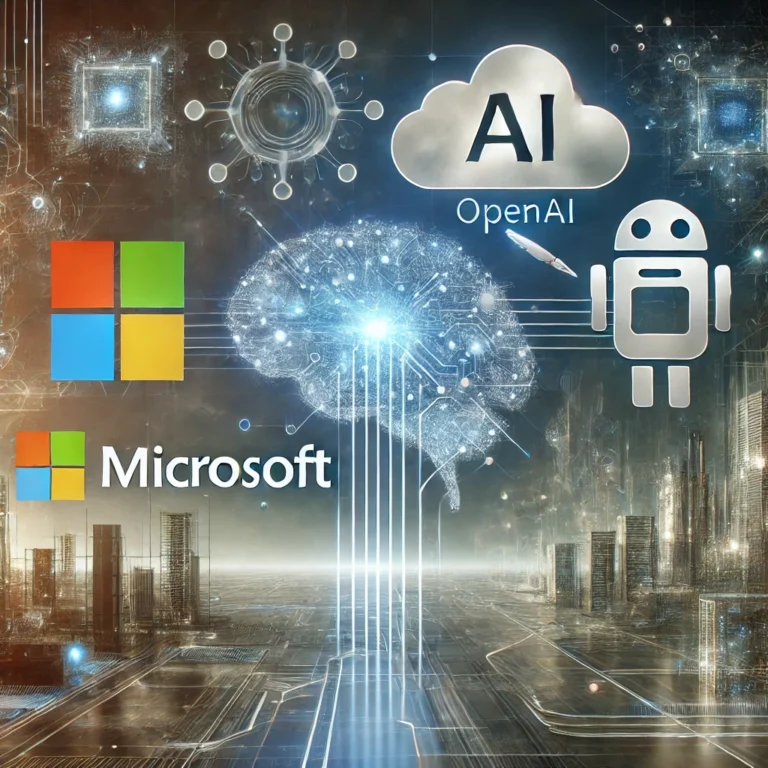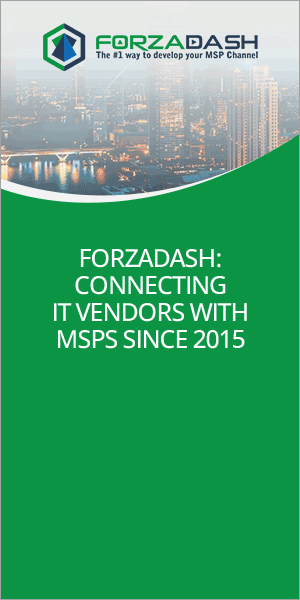The ongoing $14 billion negotiation between Microsoft and OpenAI is creating waves in the tech industry, sparking questions and strategic considerations, especially for Managed Service Providers (MSPs). As OpenAI transitions from a nonprofit to a for-profit entity, Microsoft’s massive investment and potential equity stake could redefine the AI landscape, with significant implications for cloud services, AI integration, and partnership models that MSPs rely on. Here, we explore how this landmark deal could impact MSPs, particularly those focused on leveraging AI-driven services.
1. The New AI-Driven Marketplace
The OpenAI and Microsoft partnership underscores the shift towards an AI-powered business ecosystem. Microsoft’s investment in OpenAI has provided it with exclusive rights to host OpenAI’s services on its Azure platform, creating a competitive advantage in cloud-based AI solutions. For MSPs, this consolidation means that Microsoft Azure may become the go-to cloud provider for AI-based tools and resources, potentially giving Azure a competitive edge over platforms like AWS and Google Cloud. MSPs who serve clients with AI needs may want to deepen their knowledge and offerings around Azure to stay aligned with this dominant partnership.
2. Rising Importance of Cloud Infrastructure
With OpenAI poised to become a public-benefit corporation, its reliance on cloud computing for AI functionalities—ranging from data processing to AI model training—will intensify. Microsoft’s role as OpenAI’s exclusive cloud provider may lead to Azure enhancements tailored for AI workloads, benefiting MSPs that rely on these services. For MSPs, this evolution could mean enhanced resources and support for deploying AI applications and services, helping clients streamline operations, automate processes, and leverage AI insights.
3. Competitive Advantage and Regulatory Scrutiny
While this partnership strengthens Microsoft’s competitive positioning, it could invite regulatory scrutiny, given the tech industry’s heightened antitrust focus. With a sizable stake in OpenAI, Microsoft could face constraints on its ability to integrate and promote AI services aggressively, which may impact the speed at which new AI functionalities are released on Azure. For MSPs, this regulatory backdrop is a reminder to stay flexible in their tech stack, ensuring they can pivot if necessary to maintain service stability and compliance.
4. The Role of Public-Benefit Corporations in Technology
As OpenAI pivots to a for-profit model with a social-good focus, it raises interesting implications for MSPs, especially those with a focus on ethical tech practices. OpenAI’s commitment to sustainable and socially beneficial AI aligns with many MSPs’ goals to offer responsible and compliant services. This shift could pave the way for future innovations that emphasize transparent, accountable AI, enabling MSPs to build trust with clients increasingly concerned about data privacy and ethical AI.
5. Preparing for an AI-Intensive Future
The $14 billion Microsoft-OpenAI deal signals an intensified focus on AI across all business sectors. For MSPs, staying competitive in this AI-driven market means being proactive about integrating AI into service offerings. By adapting to a future where AI solutions are mainstream, MSPs can position themselves to support clients seeking to leverage AI for business intelligence, automation, and decision-making.
Microsoft’s deepening partnership with OpenAI is more than a financial move; it represents a strategic shift towards an AI-powered future with real implications for MSPs. As this landmark deal unfolds, MSPs have an opportunity to align themselves with the leading edge of technology, from leveraging Microsoft Azure’s AI capabilities to adopting responsible AI practices that reflect the public-benefit focus of OpenAI’s new structure.
Whether enhancing their cloud infrastructure expertise or preparing for AI-driven transformation, MSPs that stay informed and agile in response to these industry changes will be well-positioned to deliver value in a rapidly evolving landscape.
Related Blogs:
How Nvidia’s Antitrust Probe Affects MSPs: 5 Key Points
Bluetooth 6.0: 5 Ways It Will Enhance MSP Tracking Solutions
How Hyperautomation Can Transform Your MSP: Key Takeaways from Os Hoque


